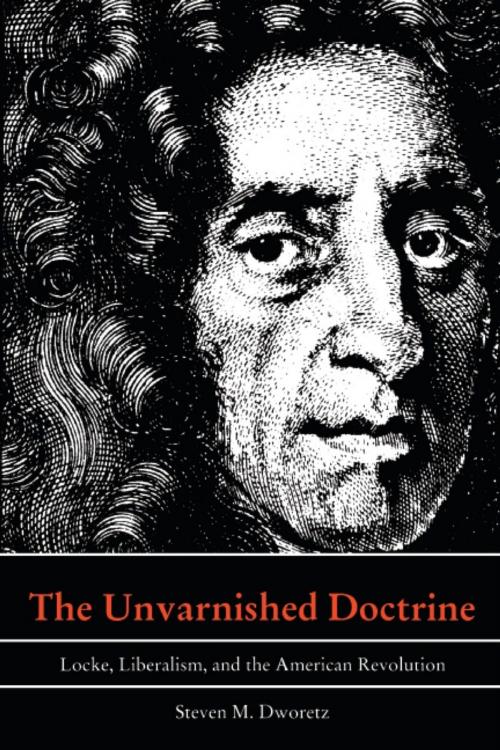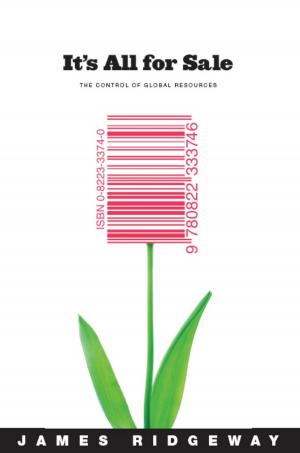The Unvarnished Doctrine
Locke, Liberalism, and the American Revolution
Nonfiction, Social & Cultural Studies, Political Science| Author: | Steven M. Dworetz | ISBN: | 9780822382249 |
| Publisher: | Duke University Press | Publication: | December 20, 1989 |
| Imprint: | Duke University Press Books | Language: | English |
| Author: | Steven M. Dworetz |
| ISBN: | 9780822382249 |
| Publisher: | Duke University Press |
| Publication: | December 20, 1989 |
| Imprint: | Duke University Press Books |
| Language: | English |
In The Unvarnished Doctrine, Steven M. Dworetz addresses two critical issues in contemporary thinking on the American Revolution—the ideological character of this event, and, more specifically, the relevance of "America’s Philosopher, the Great Mr. Locke," in this experience. Recent interpretations of the American revolution, particularly those of Bailyn and Pocock, have incorporated an understanding of Locke as the moral apologist of unlimited accumulation and the original ideological crusader for the "spirit of capitalism," a view based largely on the work of theorists Leo Strauss and C. B. Macpherson. Drawing on an examination of sermons and tracts of the New England clergy, Dworetz argues that the colonists themselves did not hold this conception of Locke. Moreover, these ministers found an affinity with the principles of Locke’s theistic liberalism and derived a moral justification for revolution from those principles. The connection between Locke and colonial clergy, Dworetz maintains, constitutes a significant, radicalizing force in American revolutionary thought.
In The Unvarnished Doctrine, Steven M. Dworetz addresses two critical issues in contemporary thinking on the American Revolution—the ideological character of this event, and, more specifically, the relevance of "America’s Philosopher, the Great Mr. Locke," in this experience. Recent interpretations of the American revolution, particularly those of Bailyn and Pocock, have incorporated an understanding of Locke as the moral apologist of unlimited accumulation and the original ideological crusader for the "spirit of capitalism," a view based largely on the work of theorists Leo Strauss and C. B. Macpherson. Drawing on an examination of sermons and tracts of the New England clergy, Dworetz argues that the colonists themselves did not hold this conception of Locke. Moreover, these ministers found an affinity with the principles of Locke’s theistic liberalism and derived a moral justification for revolution from those principles. The connection between Locke and colonial clergy, Dworetz maintains, constitutes a significant, radicalizing force in American revolutionary thought.















